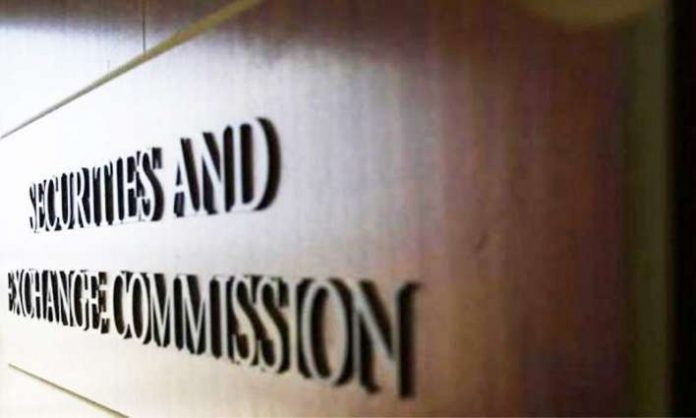ISLAMABAD: In May, the Securities and Exchange Commission of Pakistan (SECP) registered 1,323 new companies, according to a statement issued on Thursday.
As compared to the corresponding month of the last financial year, it represents a 21 per cent growth, raising the number of registered companies to 100,532.
The massive increase is the result of the SECP’s various reforms measures, i.e. introduction of a simplified combined process for name reservation and incorporation, one window facility for company incorporation along with NTN generation, reduction in fee and assistance provided by facilitation wings at major CROs.
Around 73pc companies were registered as private limited companies, while around 24pc were registered as single-member companies. Three per cent were registered as public unlisted companies, nonprofit associations, foreign companies and limited liability partnerships (LLPs).
Around 55 per cent of the companies were registered the same day.
The SECP has upgraded its browser’s compatibility and now in addition to Internet Explorer, other browsers such as Google Chrome, Mozilla Firefox and Microsoft Edge, Safari and Opera can be used for name reservation and company incorporation.
The trading sector took the lead with the incorporation of 199 companies. It was followed by services with 162, IT with 153, construction with 136, tourism with 74, food and beverages with 59, corporate agricultural farming with 56, real estate development with 55, education with 41, textile with 40 and engineering with 29.
Twenty-three companies belonged to the pharmaceutical sector, 21 to transport, 19 each to logging and mining/quarrying, 18 to fuel and energy, 15 each to broadcasting, and healthcare, auto and allied, 13 to chemical, 12 cosmetics and toiletries, 11 each to communication and power generation. Eighty-seven companies were registered in other sectors.




